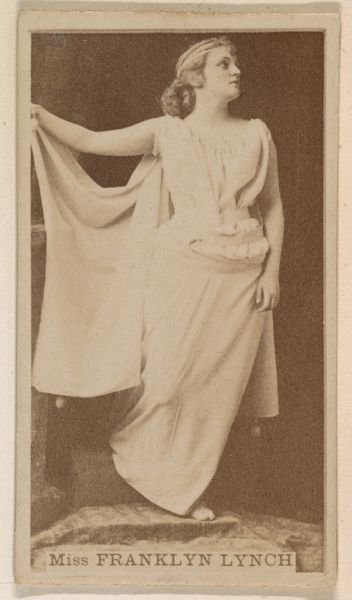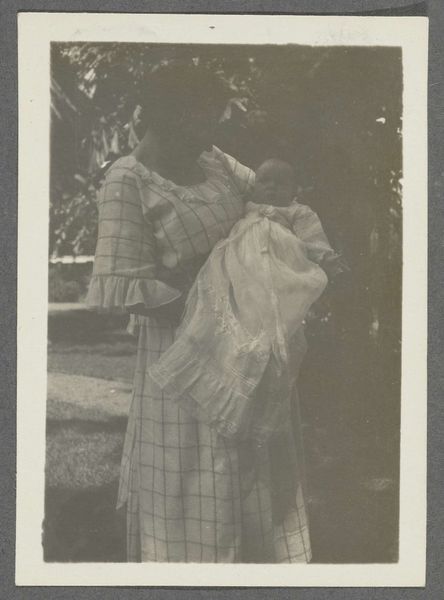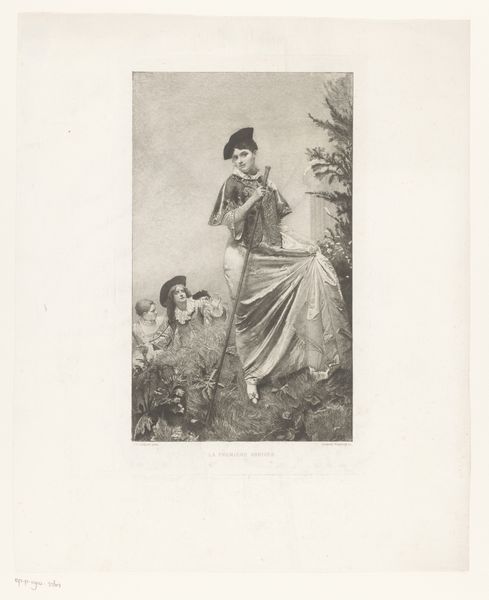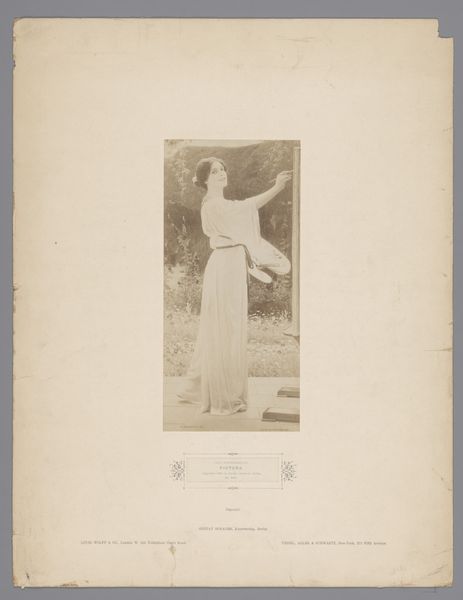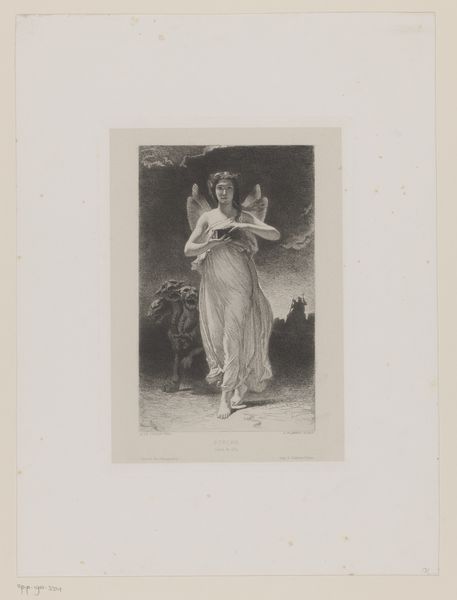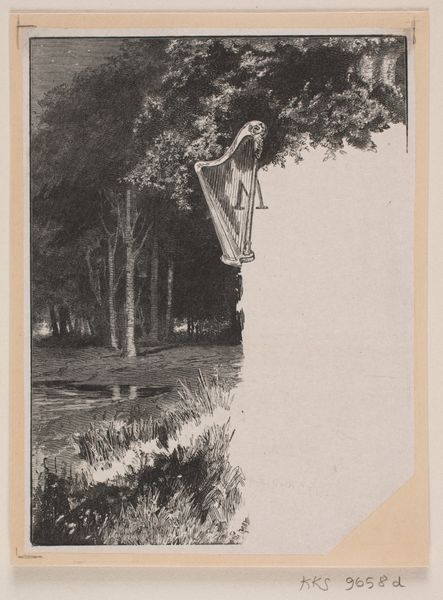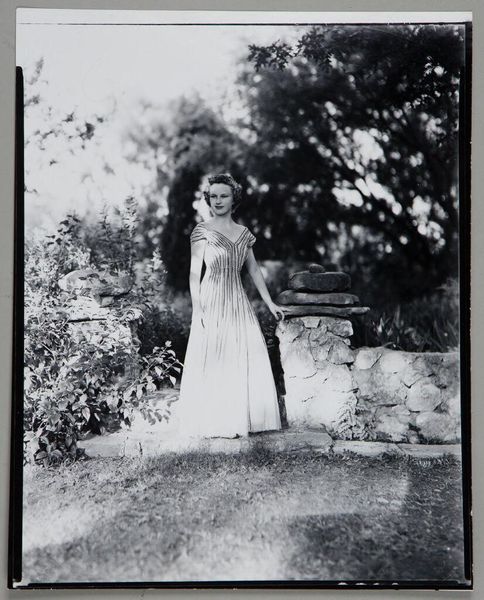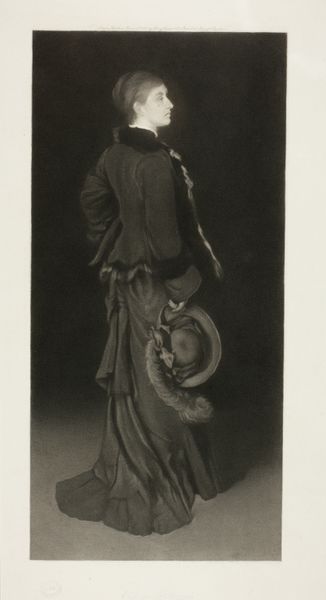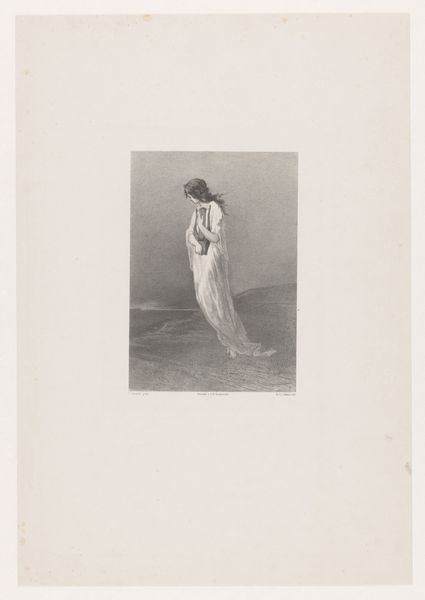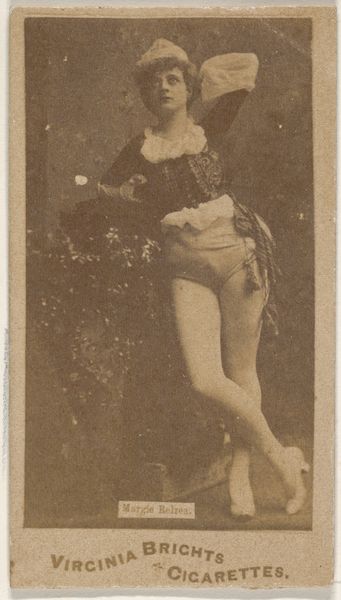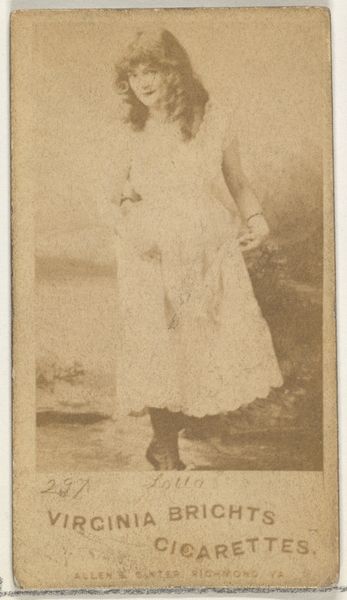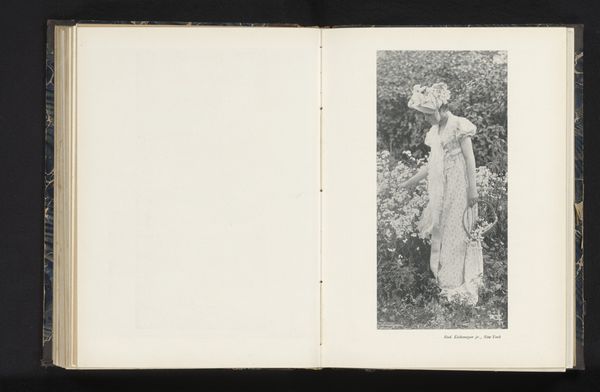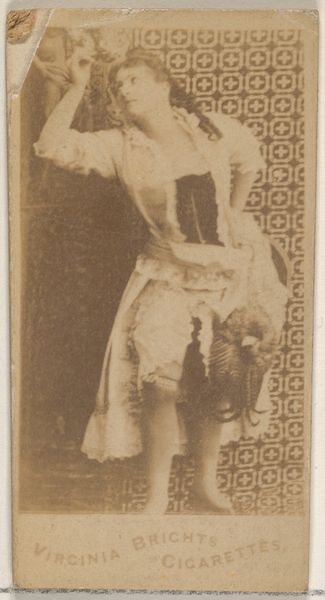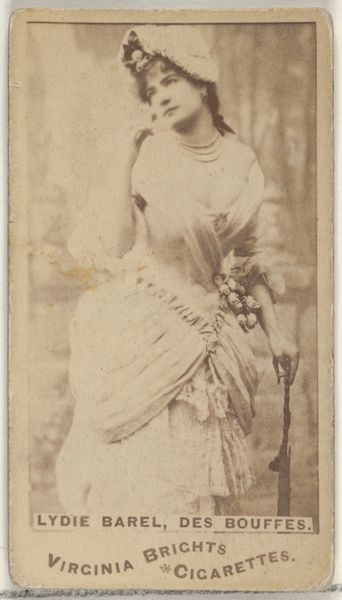
drawing, print, pencil
#
drawing
#
narrative-art
# print
#
landscape
#
figuration
#
pencil
#
genre-painting
#
pre-raphaelites
#
academic-art
Dimensions: Image: 13 1/16 × 6 9/16 in. (33.1 × 16.6 cm) Plate: 18 7/8 x 10 1/2 in. (48 x 26.6 cm) Sheet: 19 15/16 x 11 5/8 in. (50.6 x 29.5 cm)
Copyright: Public Domain
Lawrence Alma-Tadema created this print of ‘Spring’. As a painter of the Victorian era, Alma-Tadema was known for his idealized depictions of ancient Rome. In 'Spring,' women in classical garb gather flowers in a sun-drenched field. This seemingly innocent scene is charged with the dynamics of gender and class. Upper-class women, draped in flowing gowns, leisurely stroll and pick blossoms, in stark contrast with the laboring figures in the background. What does it mean to perform leisure, to create these performances for each other? Alma-Tadema’s nostalgic vision of antiquity conveniently overlooked the realities of slavery and social inequality prevalent in Roman society, thus reflecting the values and anxieties of his own Victorian era. These highly constructed visions offered an escape into an imagined past, even as they perpetuated the social hierarchies of the present. As you consider Alma-Tadema’s 'Spring,' think about how idealized images can obscure complex social realities. In what ways do these images maintain or challenge our understanding of history and identity?
Comments
No comments
Be the first to comment and join the conversation on the ultimate creative platform.
